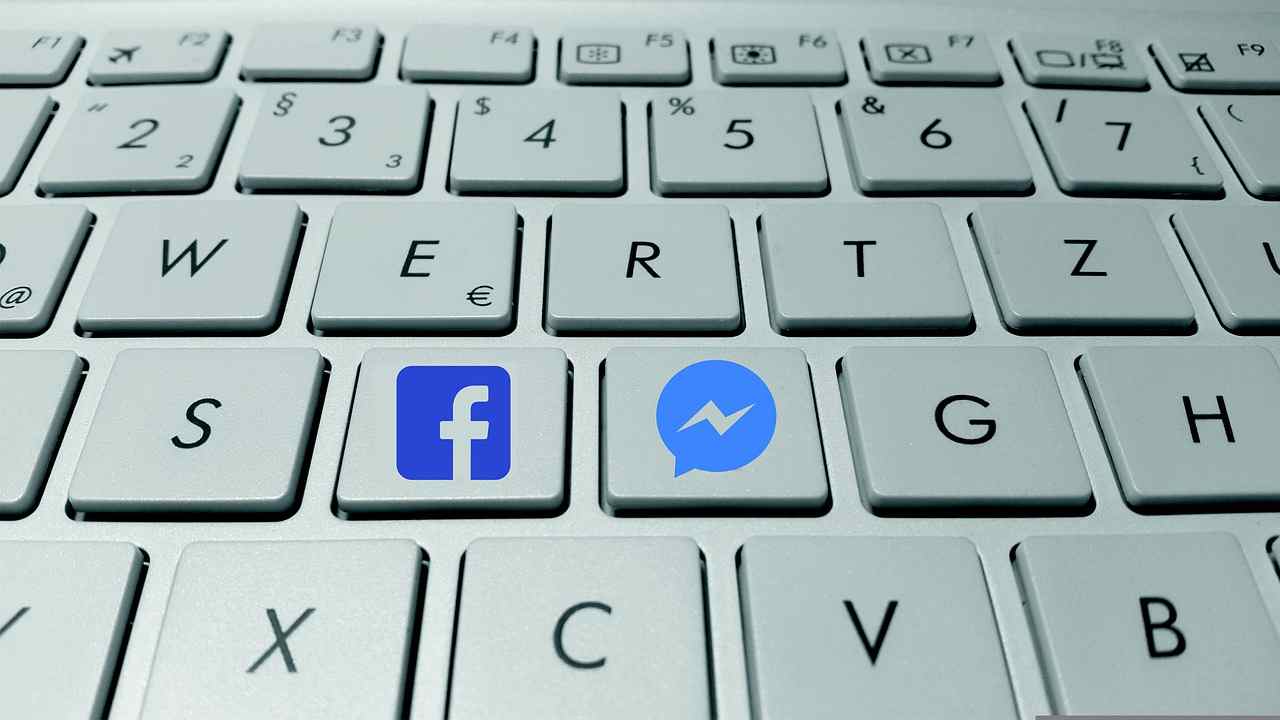Those who rely on social media for news barely seem to even notice there is an election in just … [+]
One year ago, a Pew Research Center study found that 55% of U.S. adults received their news from a social media platform “often” or “sometimes.” That included all forms of news, but a year on social media is where about 18% of adult Americans, or roughly one-in-five, now get their political news. According to Pew Research Center data published earlier this year, the more people rely on social media for political news the less engaged they tend to be, while they are also far less knowledgeable about the topic.
This latest study included data that was collected over a nine month period via the Center’s American News Pathways, and it looked at the pathways or platforms that Americans used most often to access news – and this included social media, news websites and apps, local, cable and network TV, radio, and print.
What is also notable about the data is that 48% of those adults under 30 use social media as their primarily source of political news. That is higher than a news website or app, which only came in at 21% – while cable TV accounted for just 7%, local TV for 10%, network TV for 5%, radio for 12% and print for just 7%.
Some 40% of those aged 30-49 also relied on social media as the primary source, but among the same demographic news website or app accounted for 44% while radio accounted for 42%. Among the 50-65 age group, just 9% of those surveyed said they relied on social media as the primary source for political news, and those above the age of 65 only 3% said the same.
Far Less Engaged
What should be especially concerning is that those who relied on social media for political news actually seemed to score significantly lower when it came to “political knowledge,” the more recent Pew study found. Whereas 45% of those who relied on a news website or app were rated to have a “high political knowledge” level and 31% had a “middle political knowledge” level, those who received their political news from social scored just 17% and 27% respectively in the same categories.
That was lower than radio at 42% and 35%; print at 41% and 29%; cable TV at 29% and 35%; and only slightly higher than local TV at 10% and 21%. In fact, 57% of those who relied on social media as primary source for political news were deemed to have “low political knowledge.”
Those findings were based on a set of nine questions that were focused on foundational political knowledge – and included topics ranging from the federal budget deficit to which party supported different policy positions.
“Several years ago, while trust in social media as an independent non-censored communication platform was still building and we all began seeing commercial news becoming more slanted and biased, a poll showed that 75% of people in America got their news from Jon Stewart’s The Daily Show on Comedy Central,” said technology industry entrepreneur Lon Safko, author of The Social Media Bible.
“Now that younger audience has shifted to social media,” added Safko. “People are struggling to find someone they can trust in a world that has been allowed to propagate their own interpretation of the news. As a result, people have been forced to identify people they trust on social media platforms. We call those people ‘influencers.'”
Little Political Influence
It seems that influence may extend to fashion trends and pop culture, but worrisomely it isn’t educating people about politics or current events. If anything social media may have helped make the younger generation simply disinterested in politics completely.
“I am always amazed that millions of followers will believe and follow the advice from a pop, country, or rap singer with absolutely no qualifications whatsoever, just because they had a hit song. This is now more than fake news and biased reporting,” explained Safko. “This is a serious lack of credible, truthful, and unbiased source of information.”
The Pew study found that among those Americans who get election and political information from social media are also among the least likely to be following news about the 2020 “very closely,” with just 8% saying that was true while only 28% even admitted to be following the election “fairly closely.”
While social media has created the general apathy about the election, those who rely on it the most for news barely seem to even notice there is an election in just three weeks!


/https://specials-images.forbesimg.com/imageserve/5f87213a4e9836515bd3bd71/0x0.jpg)





/https://specials-images.forbesimg.com/imageserve/5f8721ce19c279aa96859662/0x0.jpg?cropX1=1074&cropX2=6553&cropY1=0&cropY2=3083)




